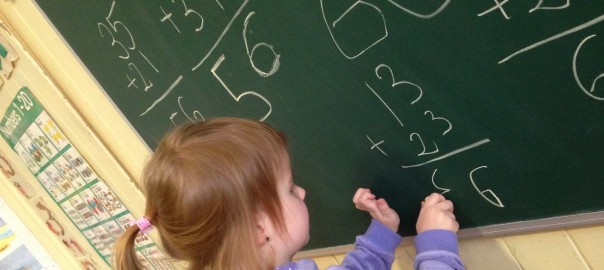British curriculum

British traditional early childhood education has emphasized individual children’s interests, free play, first-hand experience, and a high level of integrated learning.
The Philosophical Background of Childhood Education in England is : individualism, free play and a child-centred perspective of the adult educator. British Curriculum is concentrated around children creativity, good social skills, a high level of language, literacy and mathematics, physical develop, science knowledge and moral education. All these goals are realised in a child-centred education, based on an individual children’s needs and interests, where educators respect the differences between individual children. In English preschool classrooms, learning by being active and interactive, by exploring the environment, have gained universal status. In the English preschool, play is an integral part of the curriculum, founded on the belief that children learn through self-initiated free play in an exploratory environment. Play is “the work of the child” and a part of “the educational process.” Our British early childhood education starts at the age of 3 and by age 5 students are able to read books, write sentences, add, subtract and count within 100 by themselves. Our students have a proven reputation within their chosen schools once they have left us.

